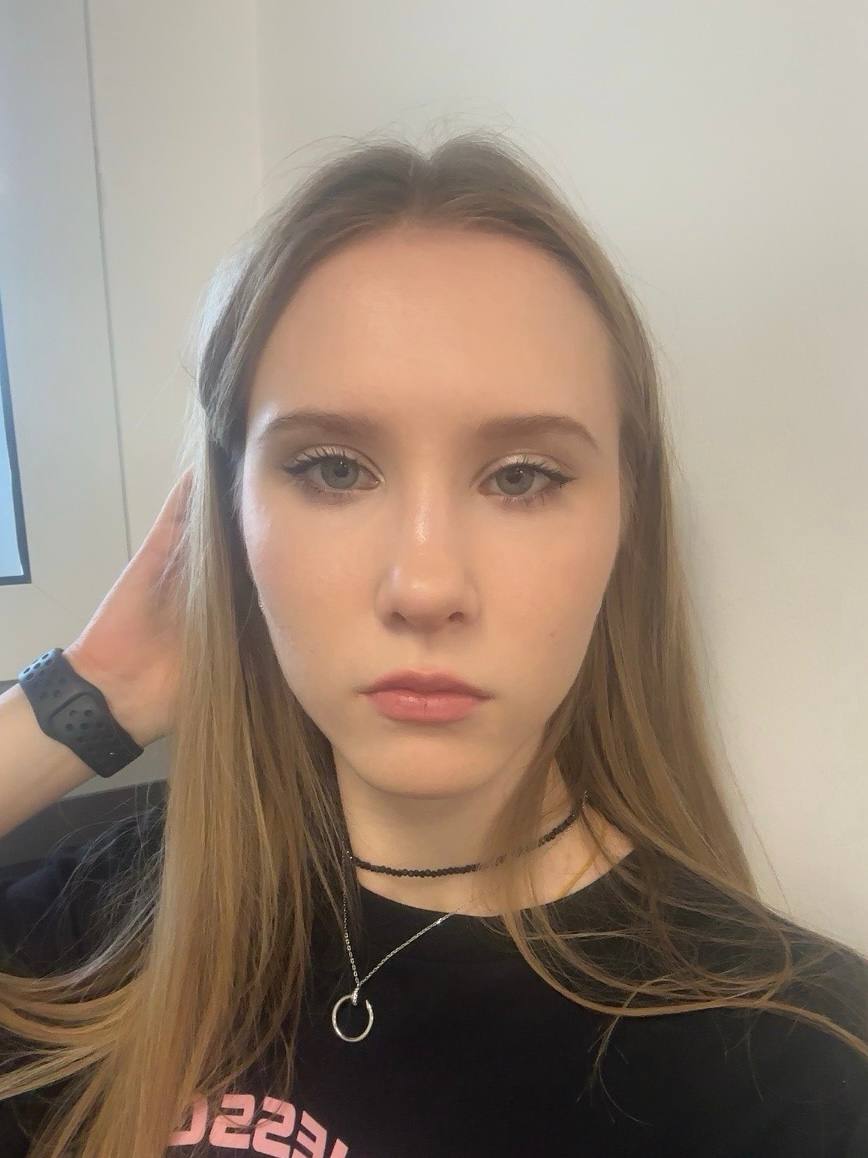AP: I just recently came back from the International Math Olympiad. It was worse than I expected, like I got one point below silver, unfortunately. After the second contest day, I met with many other people, and we had a lot of excursions, like a London Walking Tour and Stonehenge. After I realized it was my last contest day, I just focused on meeting people and enjoying the rest of the time.
GTF: When did you start participating in Math Olympiads, and what motivated you to compete?
AP: My first International Math Olympiad was when I was 16, and my first math Olympiad in general was when I was 10 years old, back in fifth grade. I didn’t really think about it back then. My math teacher gave me extra homework, and I did it well. She offered me the chance to participate in a local competition, and that’s how it all started.
After my first Olympiad, I wasn’t really satisfied with the results, so I went to math classes. I met people who were winners of the Ukrainian Olympiads and had medals in international competitions. That’s when I really got motivated, because I saw the potential to achieve that too.
GTF: Do you prefer Math Olympiads or Informatics Olympiads, or do you enjoy both equally?
AP: Before the last grade, I tried to balance both math and informatics Olympiads equally. But when I was in the 11th grade, I had to focus on my university application, and I was already satisfied with my result in the International Olympiad of Informatics. So, I decided to stop training as intensively for it and focus more on math. I still competed in some contests, but not as seriously as before.
GTF: What keeps you motivated to participate in Math and Informatics Olympiads?
AP: Probably the competition itself. When I have some bad results, I always want to prove to others—and to myself—that I can do better. I want to show that it was just a fluke, and that I can perform at a higher level. I think it’s the same for both math and informatics. I don’t want to be defined by a single bad result.
GTF: Do you have a favorite topic in Math Olympiads and Informatics Olympiads?
AP: Combinatorics is definitely my favorite section in math Olympiads because I don’t really like learning theorems. I enjoy observing a problem and finding some unusual solution. During Ukrainian Olympiads, I often had unique solutions that weren’t similar to others, and sometimes my solutions were added to the official editorial. That’s really cool, and it’s one of the reasons I enjoy combinatorics so much.
GTF: Do you find creativity is an important part of solving problems in Olympiads?
AP: Yes. Creativity is important because there aren’t strict limits in problem solving. For me, it’s really exciting to be able to come up with creative solutions, and that’s what makes it fun. I don’t feel constrained by rules, so I can approach problems however I want.
GTF: Do you have any favorite memories from competing in Olympiads?
AP: The most important moment for me was during the selections for the International Math Olympiad this year. I did really badly on the second contest day and thought I wouldn’t make the top six. But I performed really well on the third and fourth contest days, and I proved to myself that I could recover from a bad start.
It was important for me to show that I could succeed, even after a setback. I had a similar experience with the Ukrainian National Olympiad in Informatics, where I was ranked lower after the first contest day but ended up as the absolute winner after the second day. It was really unexpected.
GTF: What’s your approach to solving difficult problems in Olympiads?
AP: I try not to think about anything else and just focus on the problem. If I can’t solve it within an hour, I assume there’s a simple idea that I’m missing, and I concentrate on finding that idea. Every problem is solvable; you just need to get the right approach.
GTF: Is there any particular topic in computer science you’re excited to learn more about?
AP: I really want to learn more about artificial intelligence because it sounds really interesting. I don’t know much about it yet, but I hope to explore it further in university.
GTF: What hobbies do you have outside of Olympiads?
AP: I had a lot of hobbies when I was younger, like gymnastics, choral singing, and swimming. But in the last two or three years, I’ve been preparing for Math and Informatics Olympiads so intensively that I had to stop all my hobbies. I haven’t thought about picking them up again yet.
GTF: Has your mindset about Olympiads changed over time?
AP: One year ago, I had a lot of motivation because getting a medal in an international competition was life-changing for me. It was my main goal, and I didn’t think about anything beyond that. After I won a silver medal in the International Olympiad of Informatics, my mindset changed. I had already achieved the goals I wanted, so I didn’t feel as motivated. I still wanted to participate in another international competition, so I went to the International Math Olympiad, but I didn’t have the same drive as before.
